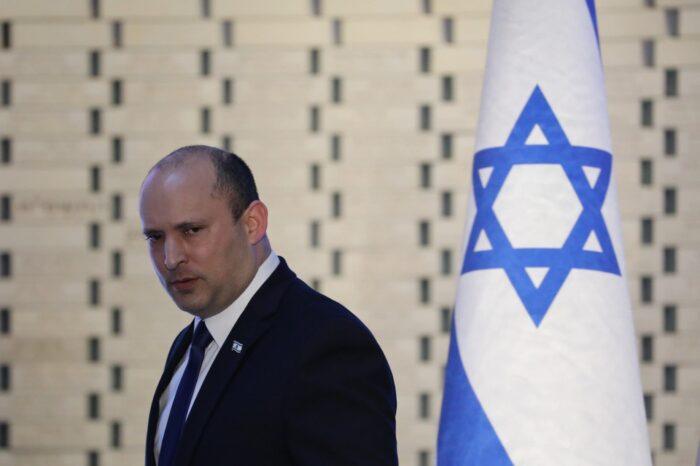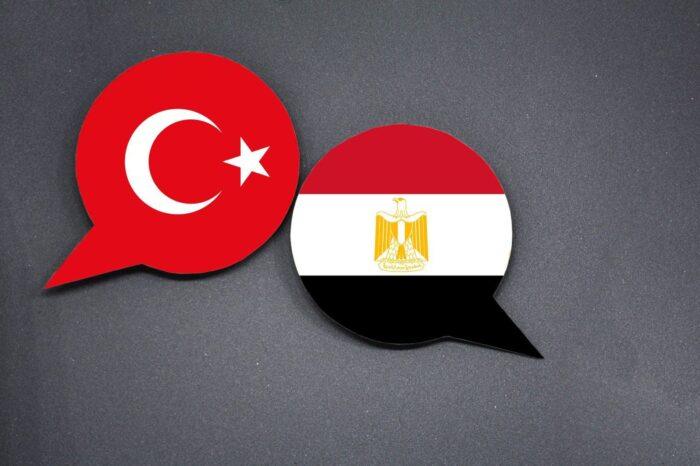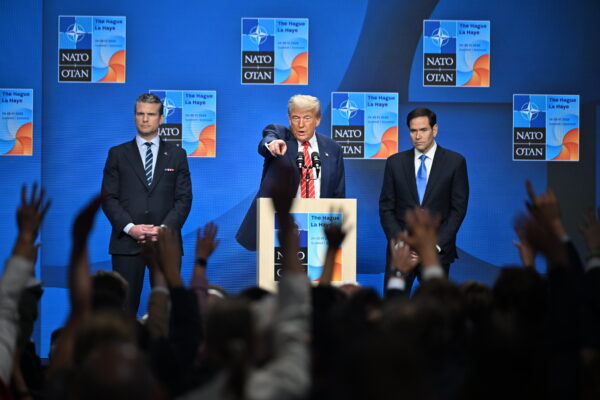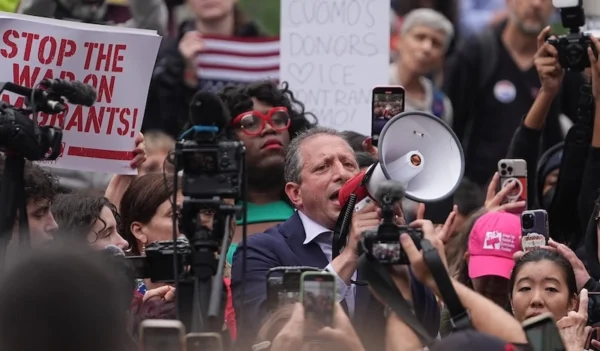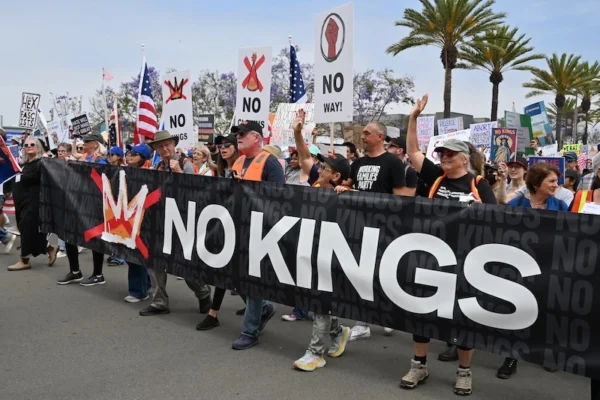Turkey and Israeli Relations: Not Deja Vu from the 1990s
Since the end of the Cold War the most frequently discussed relations in the Middle East have been the ties between Turkey and Israel. Relations between the two countries developed quickly after the Madrid Peace Conference when relations were upgraded to the ambassadorial level. Throughout the 1990s, Turkey and Israel engaged in multiple bilateral security and military engagements. Some even considered these bilateral relations as a formula for stability in the Middle East. These relations, however, proved to be short lived when the peace process broke down and Ankara launched a more multidimensional foreign policy. Although Turkey continued to play a critical role in an attempt to relaunch peace talks between Israel and Syria in 2009, later, with the Operation Cast Lead and the Gaza flotilla crisis, relations were downgraded back to their pre-1991 level. After an apology from Israel in 2013 and the ensuing negotiations that took place between Israeli and Turkish foreign policy makers, it appears as though ties will be mended and relations will be upgraded to the ambassadorial level once again in the coming weeks. In a statement after the last meeting of the diplomats in London, the Turkish Foreign Ministry made a press statement emphasizing: “The teams made progress toward finalizing the agreement and closing the gaps, and agreed that the deal will be finalized in the next meeting, which will be convened very soon.” The question is what the future of relations will look like after mending ties.
Firstly, any comparison of relations with those during the 1990s will bring too many expectations for relations and pressure on foreign policy makers. The conditions that made the rapprochement possible between the two countries in the 1990s are not similar. There is no active peace process to provide significant public approval of relations in Turkey. In the 1990s, the Oslo Peace Process and the possibility of an agreement between Israel and Palestine based on a two-state solution provided important support for relations between Turkey and Israel. In the coming period, the absence of such a process will be the highest hurdle in the future of relations between the two countries. Due to the numerous current conflicts in the region, however, public opinion in Turkey seems distracted, and there is still high sensitivity to the issue. The recent, nervous voices being heard in talks of the future of bilateral ties show the presence of this sensitivity.
Secondly, the geopolitical positioning of the countries is very different than that of the 1990s. Yes, in the 1990s the crises between these two countries concerning their relations with Syria played an important role in generating a common denominator and common threat perception, but today both countries have issues with the situation in Syria and their policy preferences and interests are different. Turkey’s relations with the different actors in the Middle East are quite different than in the 1990s.
Thirdly, the tri-lateralism that existed between Turkey, Israel and the United States is nearly nonexistent now. The normalization of Turkish-Israeli relations will definitely play a role in the relations of these two countries with the United States – the role of U.S. President Barack Obama in the apology process for the Mavi Marmara raid was very significant; however, the nature of tri-lateralism will not be on the same level that it was in the 1990s. Turkey and Israel’s relations with the United States are very different compared to the aforementioned decade. It will be more bilateral than trilateral now.
Of course, the two countries may find some other areas in which to work together in the changing region and could generate new areas of cooperation. There are already many speculations about the possible positioning of this normalization in the changing balance of power in the Middle East and shifting alliances. However, these are all speculations at this point and this will not change the fact that bilateral ties and the nature of relations will be very different than those in the 1990s. The absence of an Israeli-Palestinian peace process, as well as the common threat perception may make relations less stable compared to the 1990s. The public sensitivity in Turkey about the recent negotiations between Turkey and Israel demonstrate that normalization needs to be handled with care.
This article was first published in the Daily Sabah on April 11, 2016.


